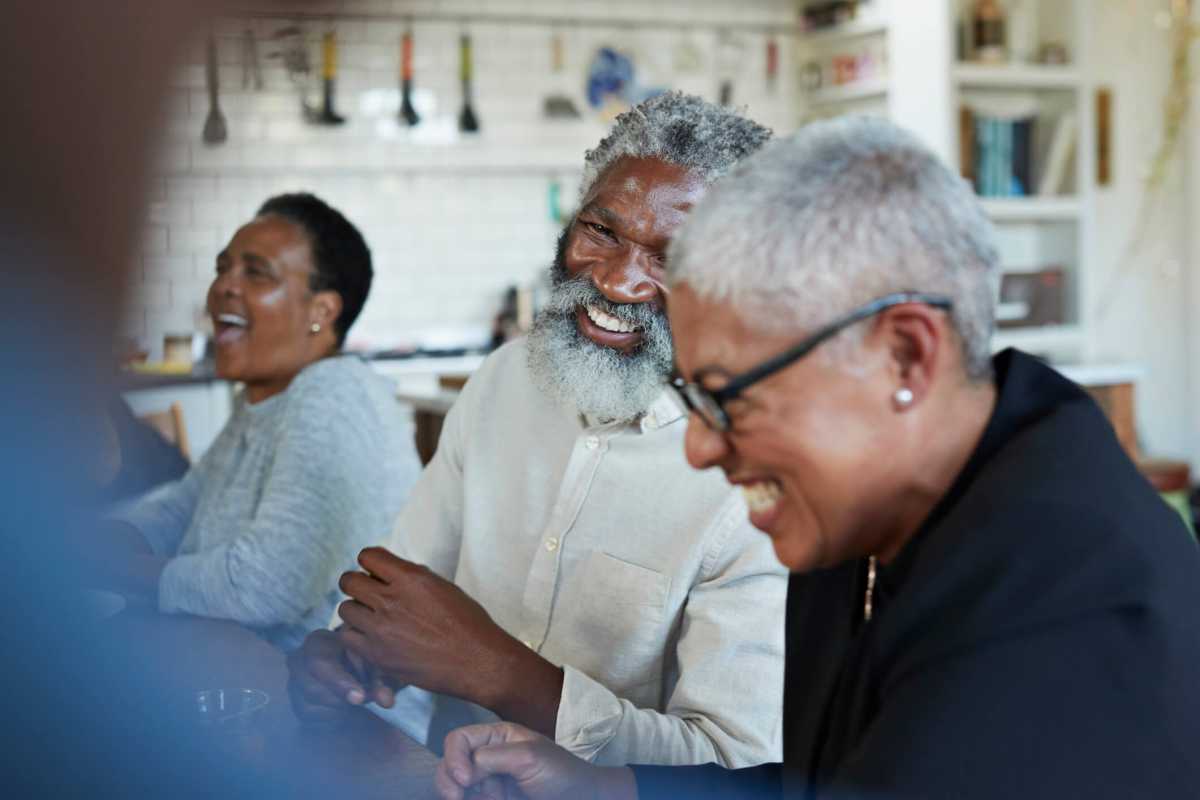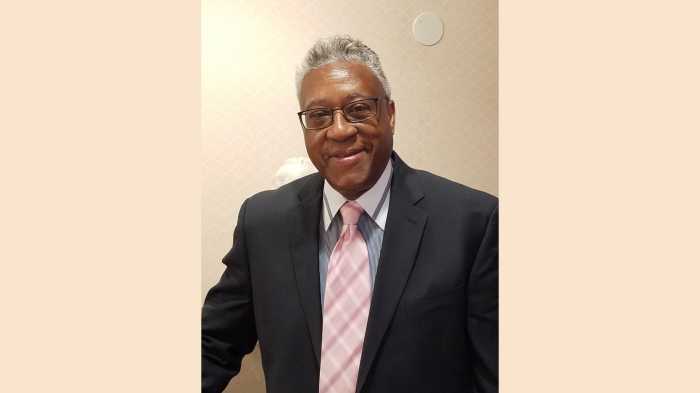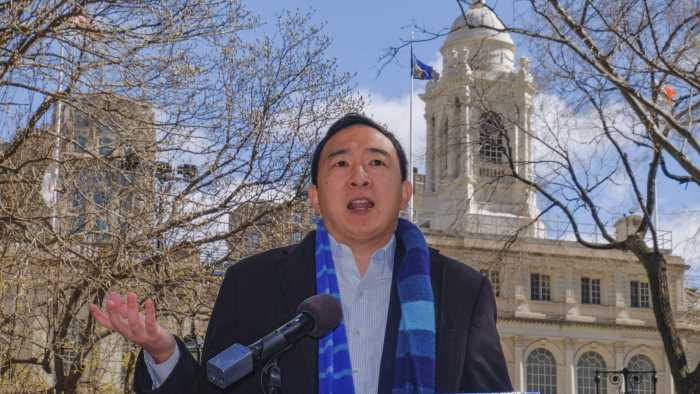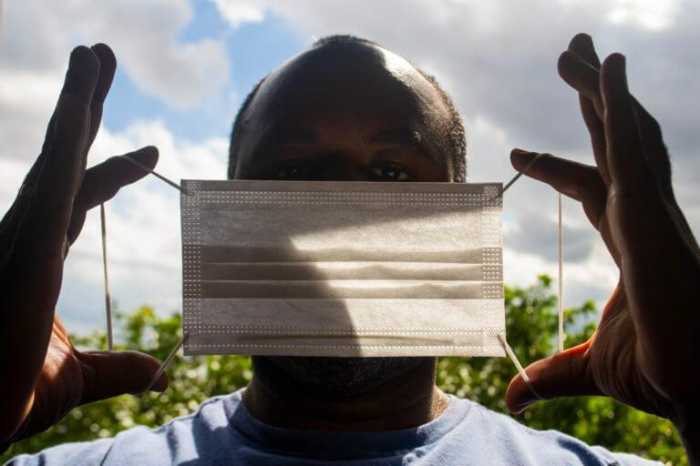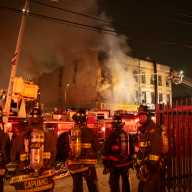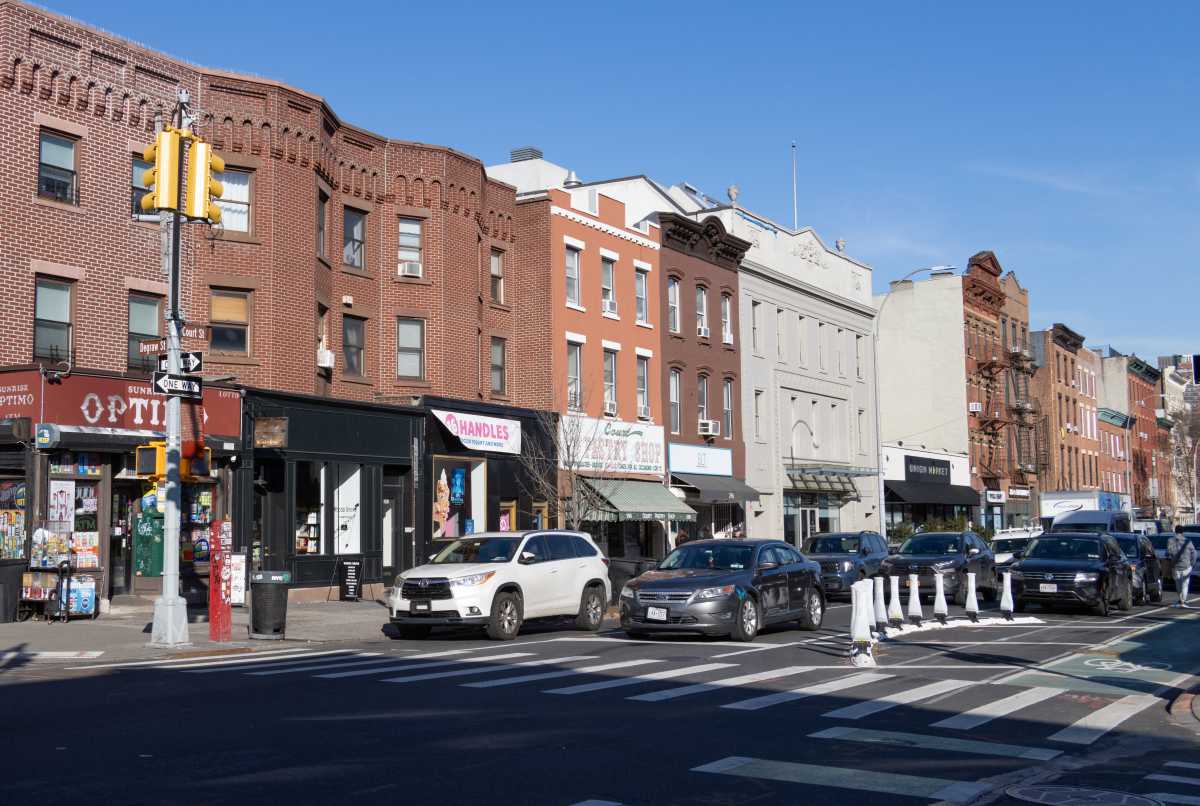New York City’s older population is growing, with residents age 50 and over accounting for nearly a third of the city’s overall population and expected to increase by 40 percent in the next 20 years. They need more support to stay in the homes and neighborhoods that they love. Instead, the city wants to cut the budget for aging services. New Yorkers 50-plus deserve better.
While the New York City Department for the Aging is not the only city agency facing a proposed budget cut, it is an agency that is already short on funds in comparison to the population it serves, receiving less than 0.5% of the overall city budget.
Furthermore, the proposed cut comes amid a pandemic — still not fully behind us after two years — in which older adults have faced particularly significant challenges, including overwhelming illness, social isolation, job loss, and inequitable care. The pandemic also prevented older adults from accessing critical community-based services that are meant to support them to age in place comfortably and safely.
Despite the pandemic’s challenges, the human services sector stepped up to provide critical services for these programs. These front-line heroes literally saved lives, kept food on the table, and kept older adults connected to caregivers and loved ones. Yet, these workers are among the lowest paid in the city.
Instead of a budget cut, now is the time to bolster services for older New Yorkers, including more equitable funding to support community-based aging services.
Older adults who can’t leave home often don’t have enough food, home care, caregiving, or social services. Many can’t even afford their basic housing costs. The city can address these needs with funding that’s not only humane, but that makes financial sense. After all, helping an older adult live in their home is significantly less expensive than placing them in institutional care.
To help older adults age in their homes, the city’s next budget must increase the reimbursement rate for Senior Affordable Rental Apartments, invest in the home-delivered meal program, and increase funding for case management, caregiving, and home care programs. And, as the pandemic has demonstrated, we need to expand virtual programming and support technology improvements to combat social isolation, which is leading to its own health and mental health crises.
New Yorkers 50-plus made New York the great city it is. They deserve better. The city can help them by funding the programs and services that will enable them to live in the neighborhoods they built.
Beth Finkel is the state director of AARP New York



